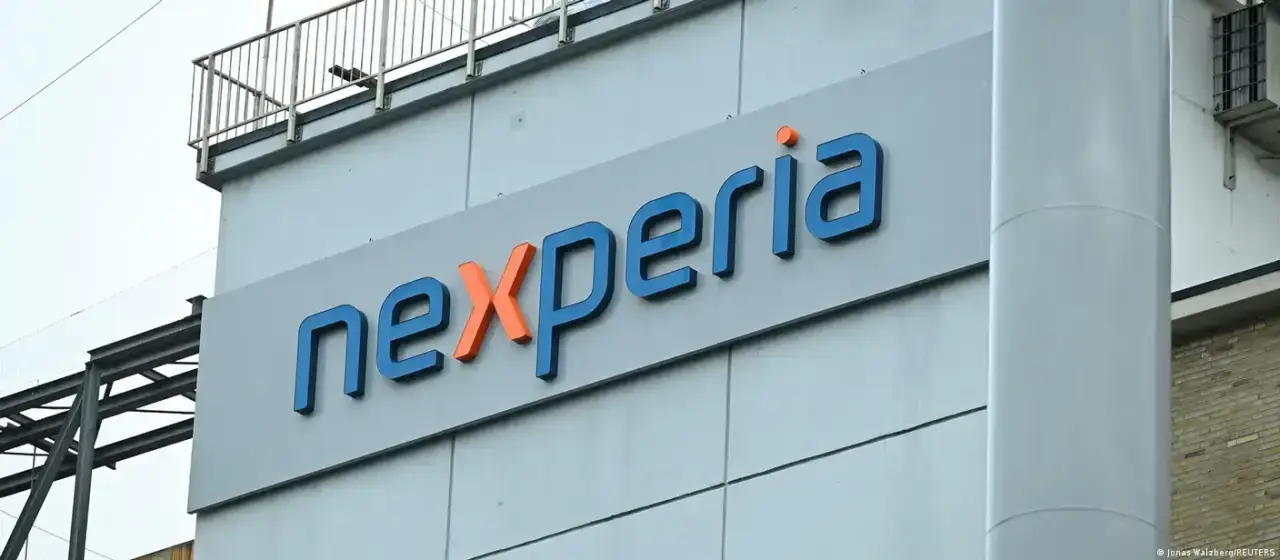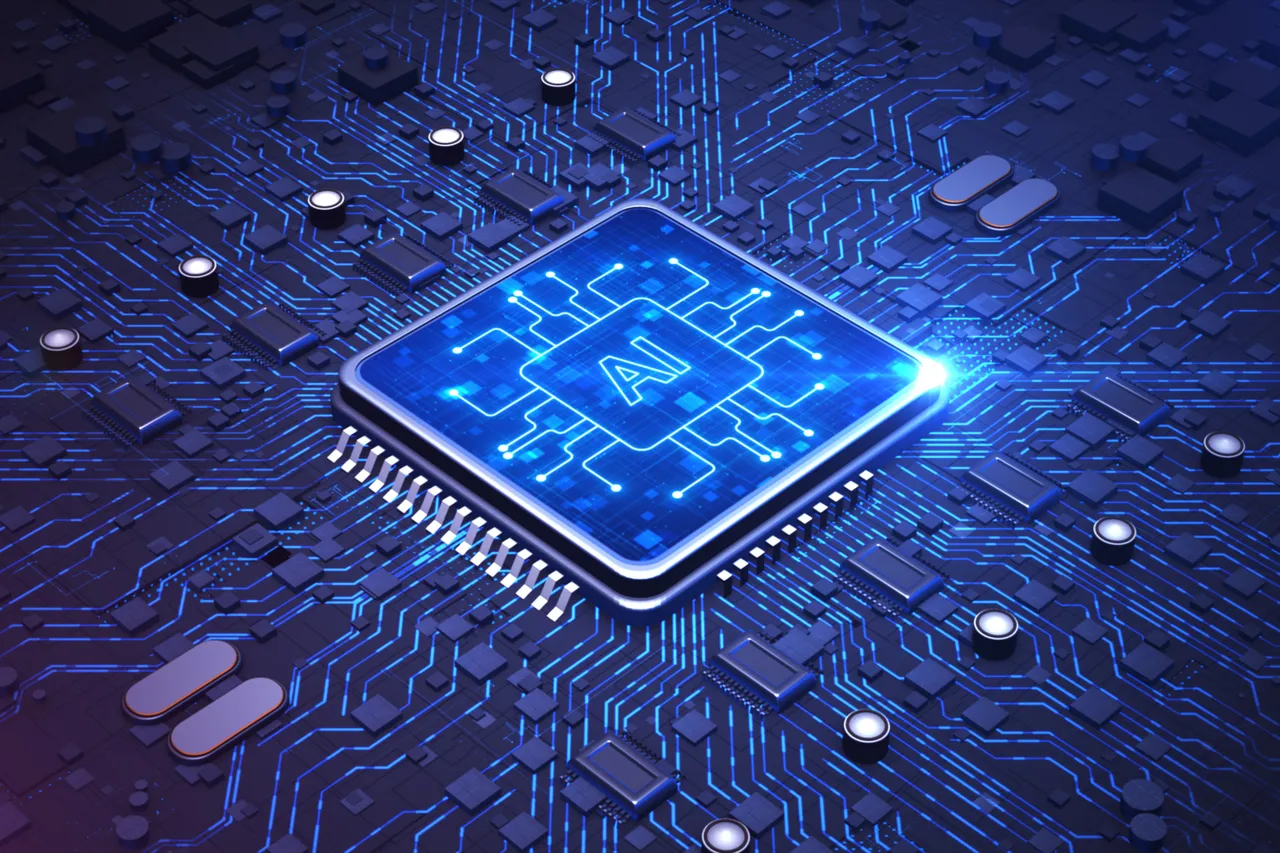Under the influence of the US ban on Huawei, ARM suspended its business dealings with Huawei. At the same time, SiFive, a Silicon IP company in the United States, intends to seize this opportunity to open up new markets in China with the open source architecture RISC-V.
Open source architecture RISC-V can be used freely by anyone in the world, and Chinese companies are paying more and more attention to this architecture because it is a potential alternative to Intel and ARM. Kevin Wolf, former assistant secretary of the US Department of Commerce, said that technology that has been published for anyone to use is not regulated by the US Export Administration Regulations (EAR) and is not subject to the entity list.
Nafed Sherwani, President and CEO of SiFive, said, “We plan to expand the Chinese market significantly. The trade war has convinced China to build more chips inside China, and we have helped and benefited a lot. About 3-4 years ago, we realized that the trade war will be inevitable, so we decided to set up a completely independent company in China."
It is understood that SiFive registered an independent company Shanghai SaiFang Technology Co. in China in 2018. SiFive holds less than 20%. If SiFive is really completely blocked in the future, SiFive China can still serve Chinese customers. SiFive will release a 5G chip based on RISC-V architecture in the near future. Although these chips cannot be directly exported to China, the design can be transferred to SiFive China, and the local team is responsible for building chips in China.
SiFive's RISC-V architecture processor has more than 100 licenses, and six of the world's top 10 semiconductor companies are customers of the company, including Qualcomm and SK Hynix. The chips designed by SiFive have been applied to commercial products and have many customers around the world, but Huawei is not yet a SiFive customer.












All Comments (0)